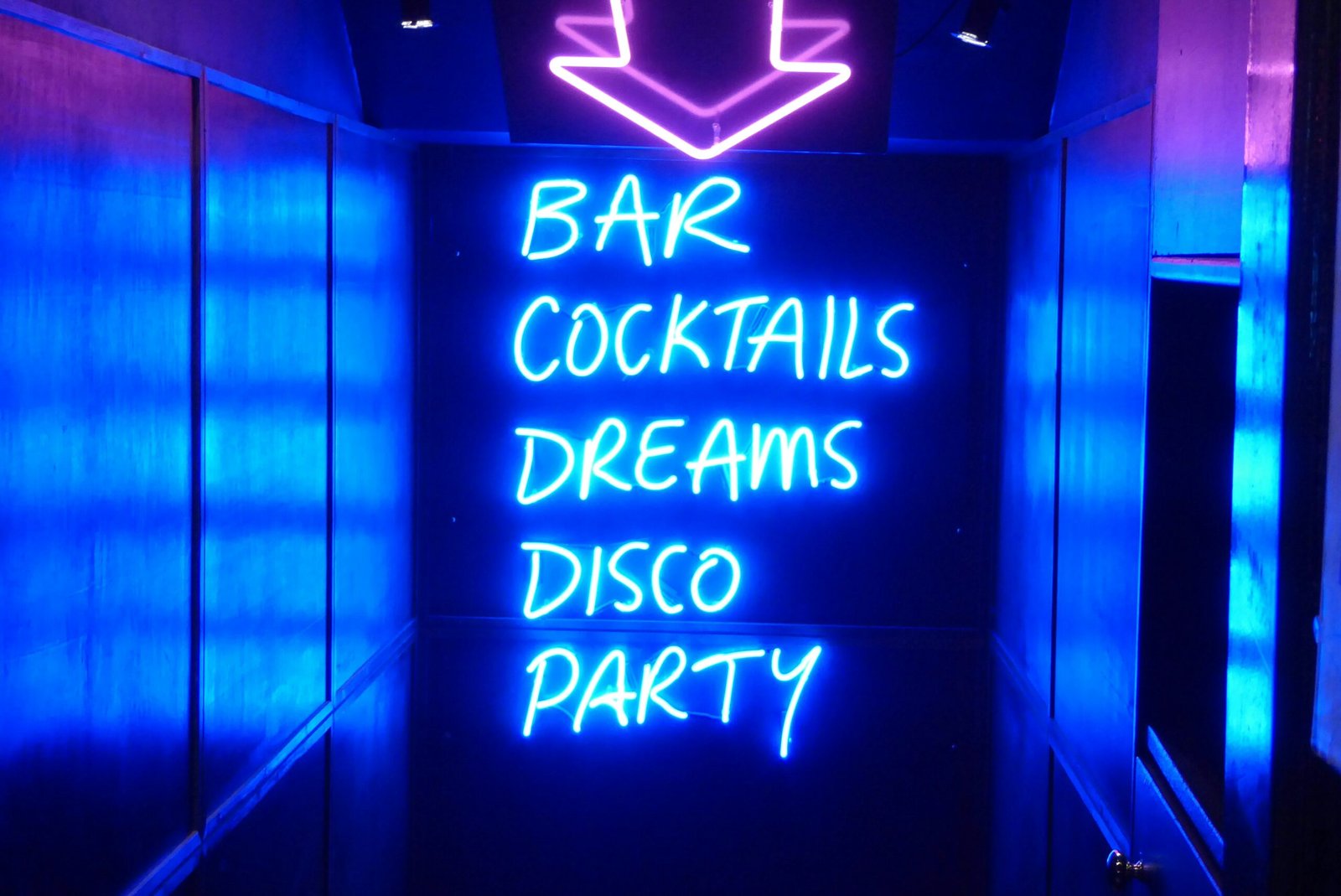The Intersection of Nightlife and Sexual Culture: Exploring the Connection
Nightlife venues, such as clubs, bars, and parties, have long been associated with freedom, self-expression, and a vibrant social scene. These spaces often provide individuals with a platform to explore their sexuality and engage in various forms of sexual expression. The intersection of nightlife and sexual culture is a complex and multifaceted phenomenon that has both positive and negative implications.
The Positive Side: Empowerment and Liberation
One of the key aspects of the intersection between nightlife and sexual culture is the sense of empowerment and liberation it can offer. Nightlife venues provide a safe and inclusive environment for people to explore and express their sexual identities without fear of judgment or discrimination. These spaces often celebrate diversity, promoting a sense of acceptance and belonging.
For example, themed parties and events in clubs and bars provide individuals with the opportunity to dress up, experiment with different personas, and engage in consensual role-play. This can be a powerful way for people to explore their fantasies, desires, and boundaries in a controlled and supportive setting.
Furthermore, nightlife venues often host events that focus on sexual education and awareness. These events may include workshops, talks, or performances that aim to promote healthy and consensual sexual practices. By providing access to information and resources, these venues contribute to a more informed and empowered sexual culture.
The Dark Side: Exploitation and Unsafe Practices
While the intersection of nightlife and sexual culture can be empowering, it is essential to acknowledge the potential negative impacts as well. In some cases, the pursuit of sexual liberation and expression can lead to exploitative and unsafe practices.
For instance, certain nightlife venues may foster an environment where non-consensual activities occur. This can range from unwanted advances and harassment to more severe forms of sexual assault. It is crucial for these venues to have well-implemented policies and measures in place to prevent and address such incidents.
Additionally, the consumption of alcohol and other substances in nightlife settings can impair judgment and inhibit the ability to give and receive informed consent. This can create an environment where individuals are more vulnerable to coercion or manipulation. It is essential for both venue owners and patrons to prioritize consent and promote a culture of respect and safety.
Examples of the Intersection
Let’s delve into a few specific examples to illustrate the intersection of nightlife and sexual culture:
1. Fetish Parties: Fetish parties are events where individuals can explore and indulge in various fetishes and kinks. These events often have strict dress codes and provide a safe space for people to engage in consensual BDSM activities. They promote open-mindedness and acceptance of diverse sexual interests.
2. LGBTQ+ Nightclubs: LGBTQ+ nightclubs have long been a haven for the queer community, offering a space where individuals can express their sexuality freely and authentically. These venues often host drag shows, queer-themed parties, and performances that celebrate queer culture and identity.
3. Swinger Clubs: Swinger clubs provide a space for couples and individuals to engage in consensual non-monogamous activities. These venues prioritize communication, consent, and respect among participants, creating an environment where individuals can explore their sexual boundaries in a consensual and safe manner.
It is important to note that the examples provided are just a snapshot of the diverse range of nightlife venues and events that intersect with sexual culture. Each venue and event may have its own unique atmosphere, rules, and guidelines.
As we explore the intersection of nightlife and sexual culture, it is crucial to approach the topic with an understanding of the complexities and nuances involved. While these spaces can provide opportunities for empowerment and self-expression, it is essential to prioritize consent, safety, and respect to ensure a positive and inclusive experience for all individuals involved.

